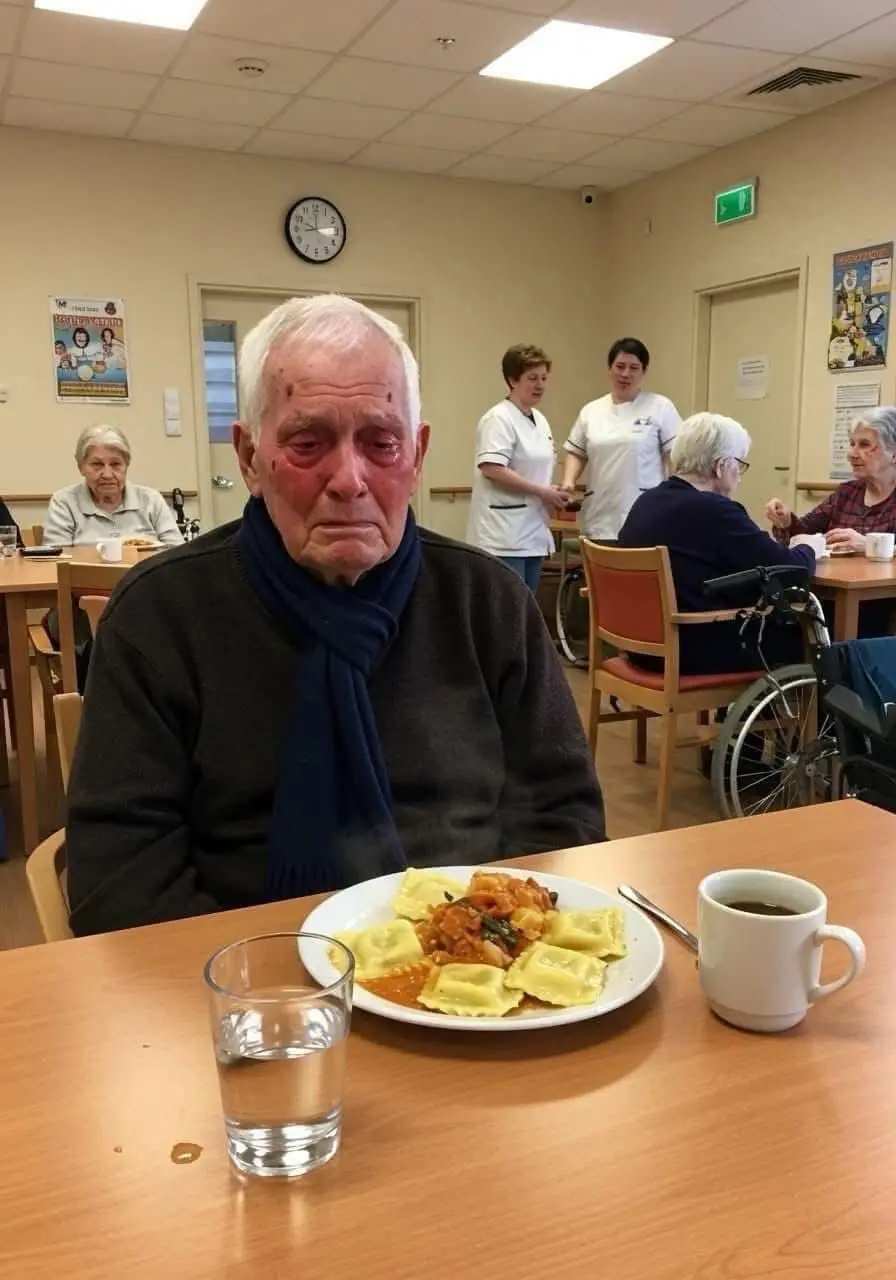
My MIL Called My Kids ‘Fake Grandkids’ Because They’re Adopted, But Karma Made Her Eat Her Words
I spent over $30,000 trying to become a mother. But nothing prepared me for the silence that followed when it didn’t work.
I was 38, and I couldn’t have children. That sentence used to tear me apart. But eventually, I learned to say it without blinking.
To doctors. To friends. To myself.
“Any luck this time?” my husband, Michael, would ask gently every time I came home from the clinic.
I never answered. I just took off my shoes and walked to the kitchen, sometimes peeling apples we wouldn’t eat — just for the comfort of something soft in a world that had grown sharp.
We had been together nearly ten years. Michael wasn’t a grand romantic hero, but he always carried my bags, made the tea I liked, and warmed my side of the bed in winter. He never blamed me. But I blamed myself.
Maybe if he had married someone else, he'd already have children. Maybe I was the dead end.
“You still have time,” his mother, Margaret, used to say. “I had Michael at thirty-eight. You just need more faith. And maybe… fewer hormones in your body.”
That was her signature style — backhanded kindness wrapped in pearls and judgment.
“She doesn’t mean it,” Michael would say. “She’s just old-fashioned.”
“No. She thinks I’m not a real woman because I haven’t given birth.”
He didn’t deny it. He just hugged me — and somehow, that made it worse. That hug said, Let’s not talk about this anymore.
Then one night, something shifted.
I was scrolling on TikTok and came across a video of a little girl hugging a woman and calling her Mommy for the first time. The woman cried. So did I.
I turned to Michael.
“What if we… adopted?”
He froze, still holding the remote. “Are you serious?”
I nodded.
“If we do this,” he said slowly, “let’s adopt two. So they’re never alone.”
I laughed. “Two? We can’t even share an umbrella without bickering.”
He smiled. “That’s different. We didn’t have a reason to be our best selves.”
And that got me.
The process was long. Tedious. Emotional.
We went through home visits, background checks, and hours of training. We read more about childhood trauma than most first-year psychology students. One line echoed throughout all the seminars:
“Don’t expect gratitude. They won’t run into your arms. They don’t trust people yet.”
After seven months, we got a call.
“There are two children. Not biological siblings, but inseparable. A girl and a boy. Different ethnicities. Different temperaments. But if we separate them, we’ll likely lose both.”
We agreed to meet them.
The girl, Ava, was African-American with eyes that held whole stories. The boy, Noah, had Asian features and clutched a battered teddy bear like a lifeline.
There were no hugs. No magic. Just… silence.
“Hi, I’m Rachel,” I said softly.
Noah didn’t respond. Ava just watched me.
“Can I sit here next to you?”
A pause.
That was our beginning.
We signed the papers two days later.
I sent a picture to family — a blurry but beautiful photo of the four of us.
Everyone replied with heart emojis and “Congratulations!”
Everyone except Margaret.
The first few weeks were hard. Ava wouldn’t let me touch her hair. Noah screamed if I turned the light off in his room.
One afternoon, Noah dropped to the pavement and screamed — loud, aching sobs. People stopped and stared. One woman even asked, “What kind of mother just watches?”
“I’m waiting,” I replied, “until he finishes crying.”
And I did. I sat there beside him, silent.
Later that week, he asked me, “Why aren’t you mad at me?”
“Because I know you’re hurting.”
He looked at me like I had just spoken his language for the first time.
Two weeks in, things started to change. Ava let me braid her hair — it came out crooked, but she didn’t move. Noah whispered stories to his teddy bear.
“I want to throw a little welcome party,” I told Michael one night.
“Isn’t it too soon? They’re still adjusting.”
“Exactly. That’s why we need it.”
We kept it simple — handmade decorations, cupcakes, soft music. I even invited Margaret.
“She loves kids,” Michael said. “She’ll come around.”
But I had a pit in my stomach. Like a storm was coming.
The day of the party arrived. Ava helped me set the table. Noah chose which toy cars to use as cupcake toppers.
The doorbell rang.
It wasn’t just Margaret. She brought her two friends — Judith and Claire — women dressed for a garden luncheon.
“I hope you don’t mind,” she said with that breezy arrogance. “The girls were with me already.”
I minded.
“Ohhh, is this the adoption party?” Claire asked, taking off her sunglasses indoors.
“Technically, it’s just a welcome celebration,” I replied.
Ava stepped behind me. Noah gripped his toy tighter.
Margaret handed over a box of cookies and walked in like it was her house.
Then the real storm began.
“They’re not what I expected,” Claire said with a tilted smile.
Judith nodded. “Definitely not Michael’s, that’s for sure.”
My body tensed. I stepped closer to the kids. But Margaret got there first.
“You know, when Rachel mentioned adoption, I thought it was a phase. But she went and picked two! Not even related. And Michael — poor thing — always so easily influenced.”
“Margaret,” I warned.
“Oh come now. It’s not like I’m saying anything people don’t already think. These kids… are my fake grandchildren. I’m not leaving them anything in my will.”
Then she added, looking directly at me: “If Rachel could have her own kids, she wouldn’t be so desperate to fake it.”
The door opened.
Michael walked in holding a gift bag — just in time to catch the last few words.
“What’s going on?”
“Your wife threw us out,” Margaret huffed.
Michael looked at me. At Ava. At Noah. Then at his mother.
“Hannah’s right,” he said. “You need to leave. Now.”
No one argued. The silence was heavier than words.
We didn’t hear from Margaret again for a while. But we did hear about her.
Her charity group quietly removed her.
Her book club “paused meetings” and never resumed.
Even the neighborhood Facebook moms were “suddenly too busy” for her weekly brunch invites.
She didn’t just lose us. She lost her carefully curated image. All because she forgot that kindness — not blood — is what makes a family.
Christmas morning arrived with cinnamon rolls and chaos.
Noah wore mismatched socks. Ava was in charge of taping gifts, including one for the neighbor’s cat. We were in our pajamas when the knock came.
Margaret. Alone.
She handed me a red envelope.
“I just wanted to say… thank you.”
“For what?” I asked, confused.
She looked down.
“I called them fake. And they were the only ones who remembered me.”
I opened the door a little wider.
“They’re decorating the tree. If you want to say thank you, say it to them.”
She hesitated, then stepped inside.
From the living room, Ava shouted, “Mom, Noah made the tree lopsided!”
Noah grinned. “It’s not lopsided! It’s creative!”
Margaret stood still, eyes wide, unsure of where to fit in.
But the moment passed — and the kids kept laughing.
She didn’t become perfect. But she became quiet enough to learn.
The “fake” grandchildren taught her what real love is. Not because she deserved it. But because that’s what real family does — it shows up anyway.
News in the same category

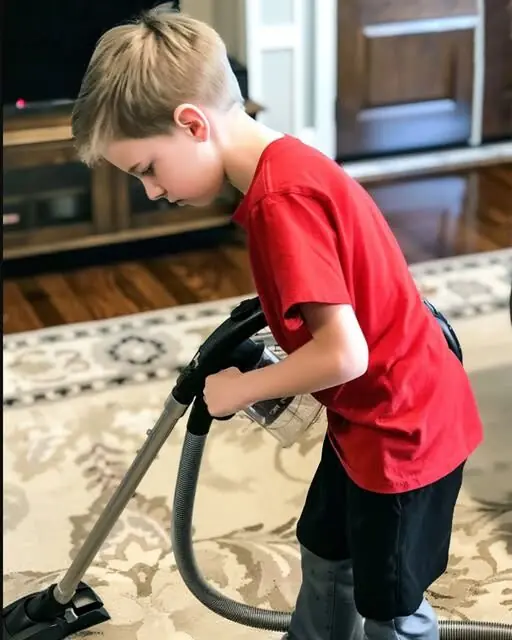
A weekend with grandma changed my son—but at what cost?
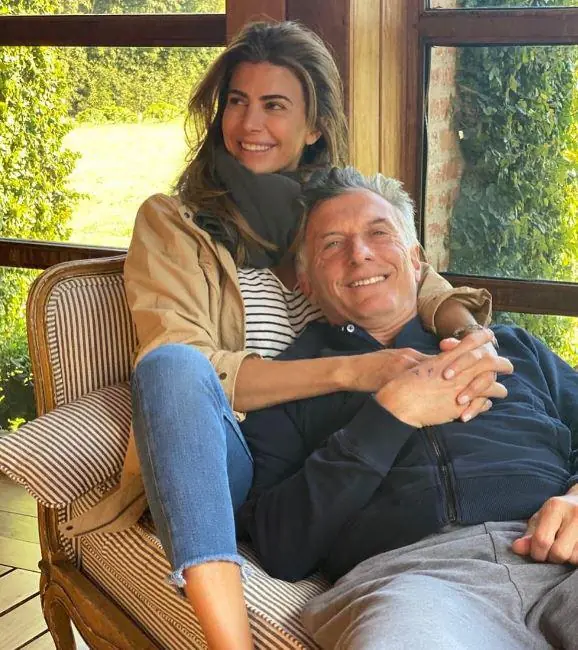
My Best Friend Stole My Husband—Ten Years Later, She Called Me Screaming His Darkest Secret
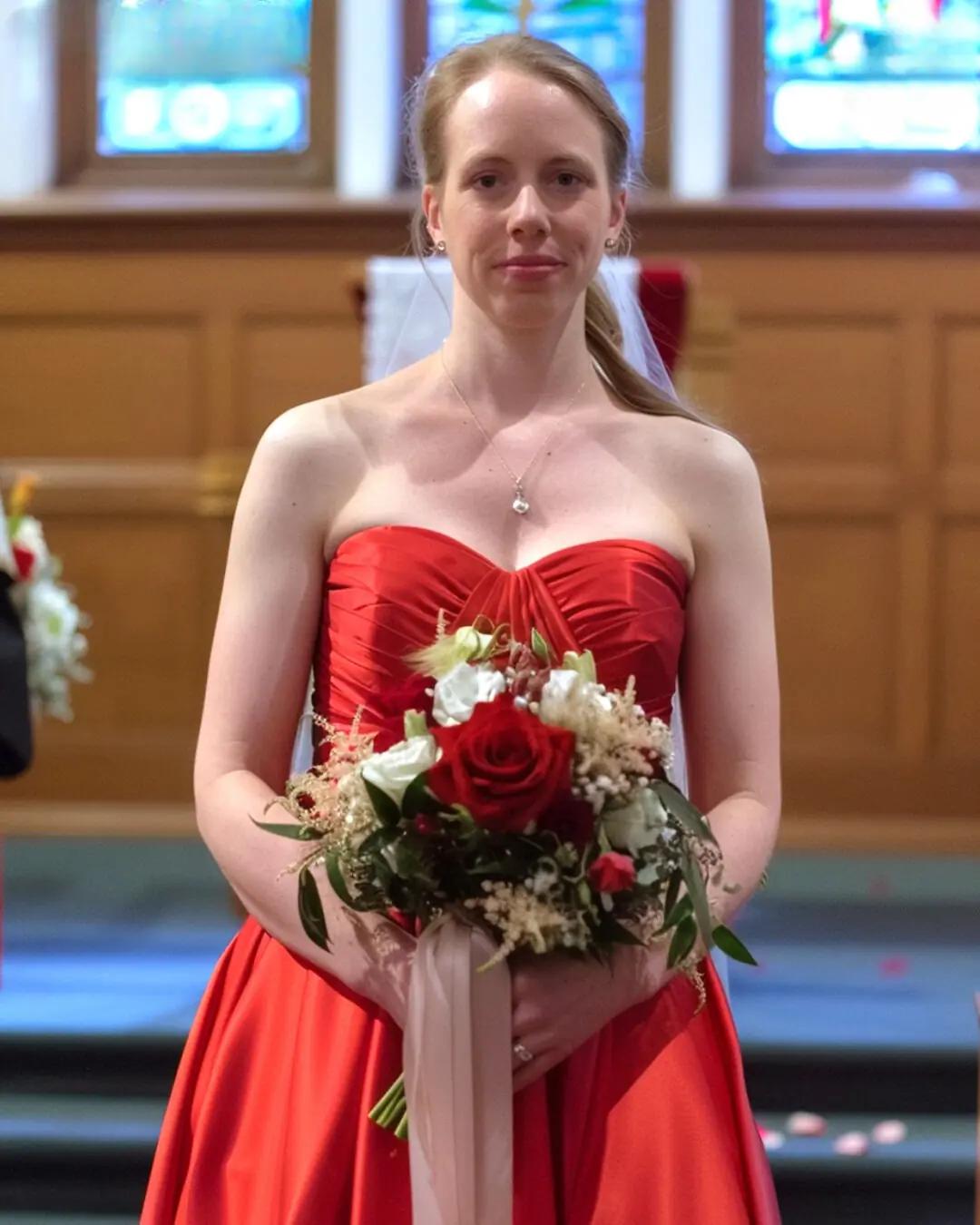
My fiancé and his mom demanded i wear a red wedding dress — but i had a better idea.
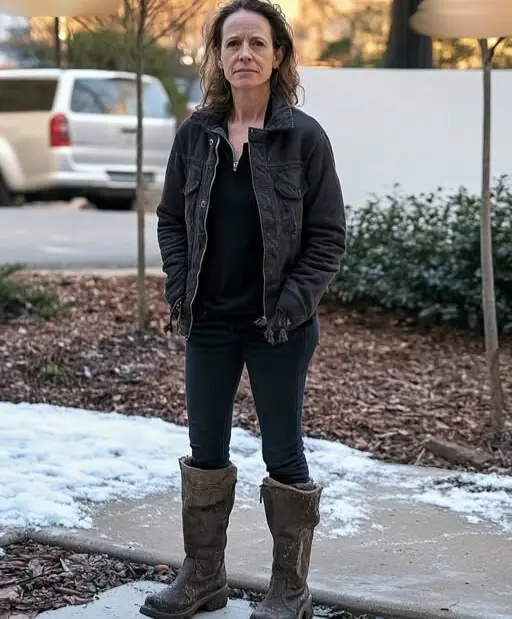
My MIL Demanded to Share a Hotel Room with My Husband During Our Anniversary Trip
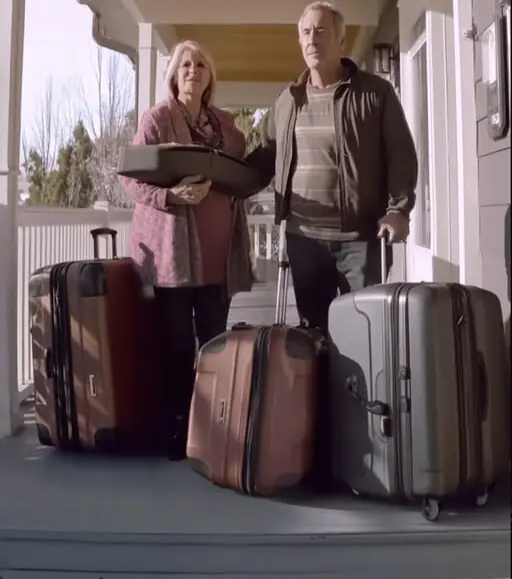
My Parents Abandoned Me and My Younger Siblings When I Was 15 — Years Later They Knocked on My Door Smiling
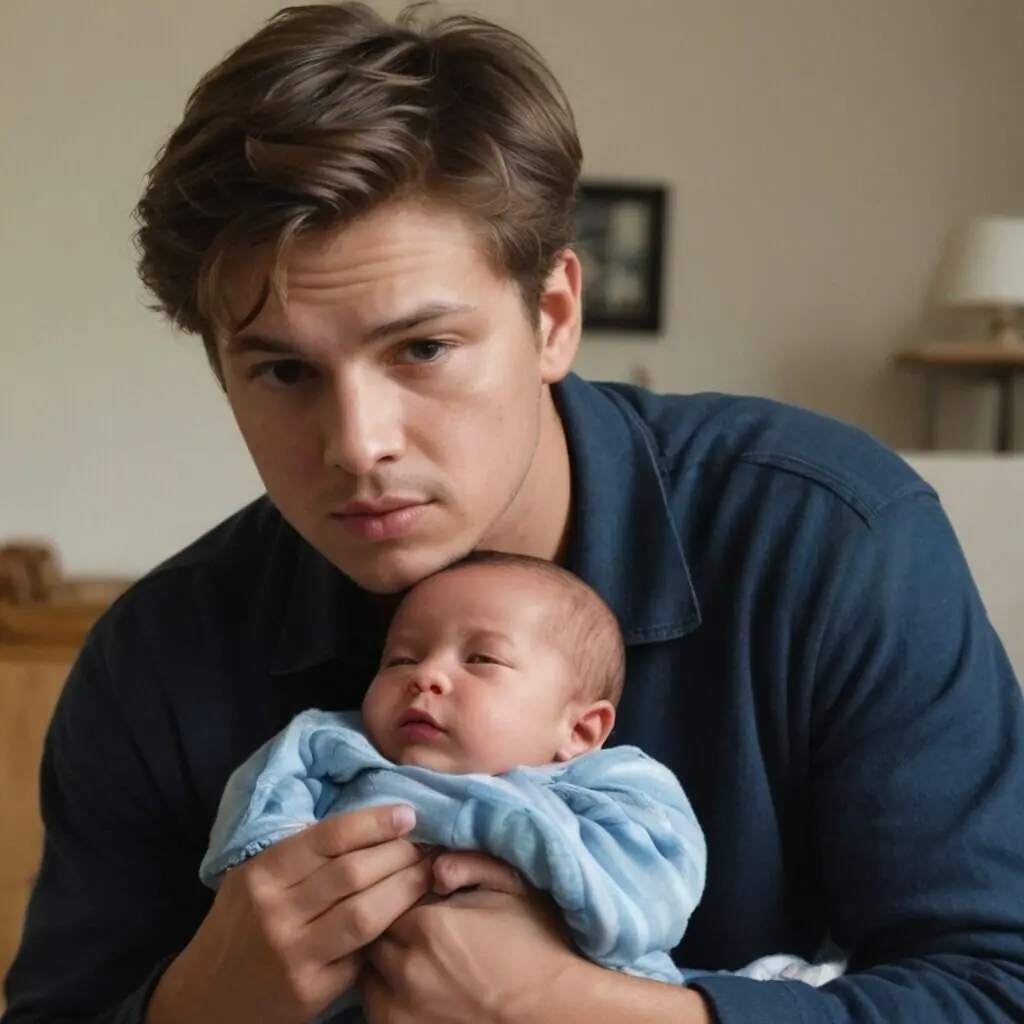
It was late afternoon when 16-year-old Jake walked through the front door
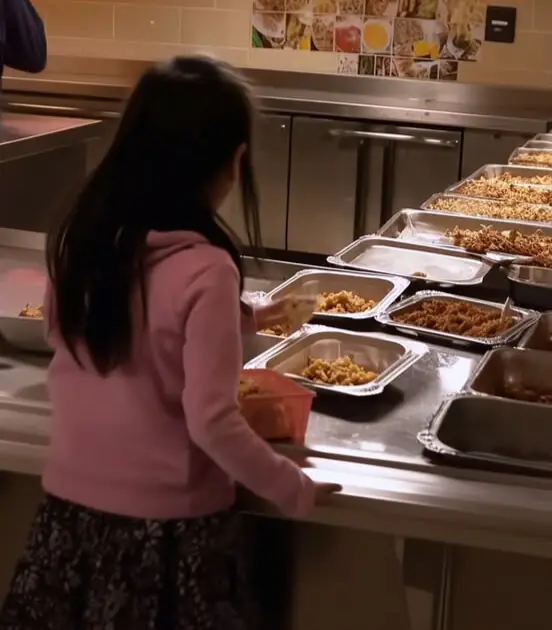
School Principal Noticed 9-Year-Old Girl Was Taking Leftovers from the School Cafeteria Every Day and Decided to Follow Her
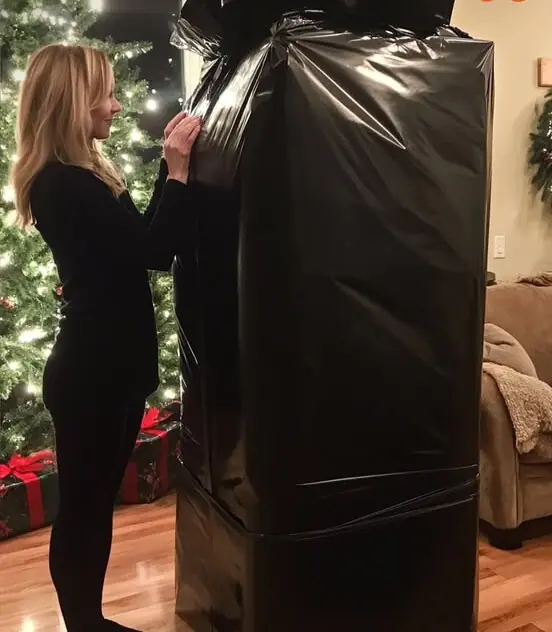
My MIL Sent Me a Huge Box for My Birthday – When I Opened It, Both My Husband and I Went Pale

Stay After Landing: The Pilot's Shocking News
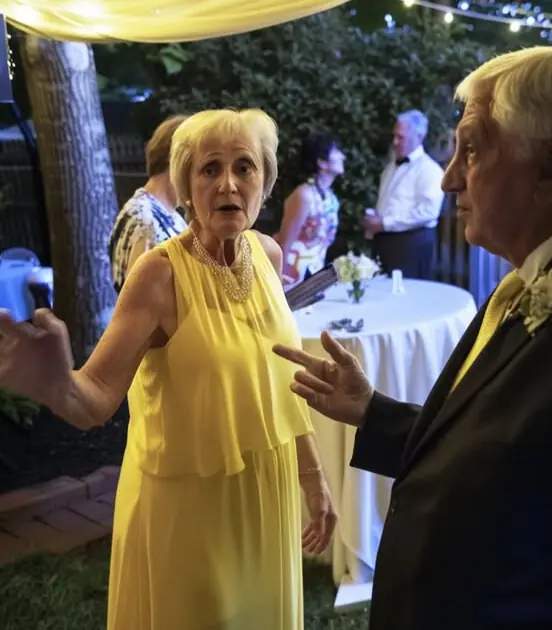
5 Epic Stories of Entitled In-Laws Getting What They Deserved
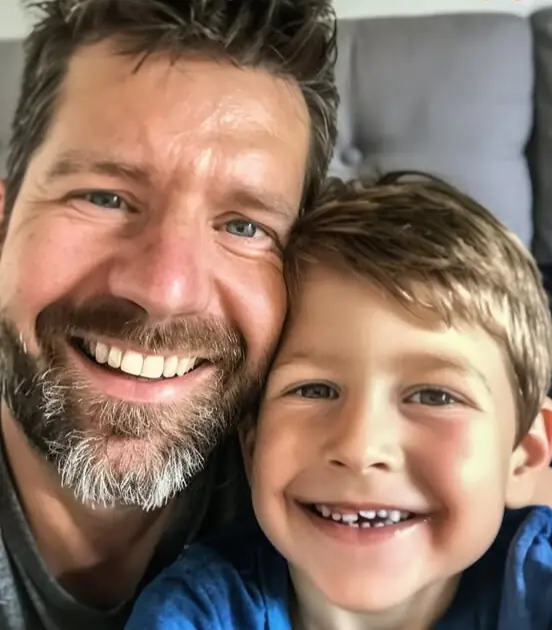
My Son Asked If He Could Save a Seat for 'The Man Who Always Brings Mommy Flowers' at Thanksgiving
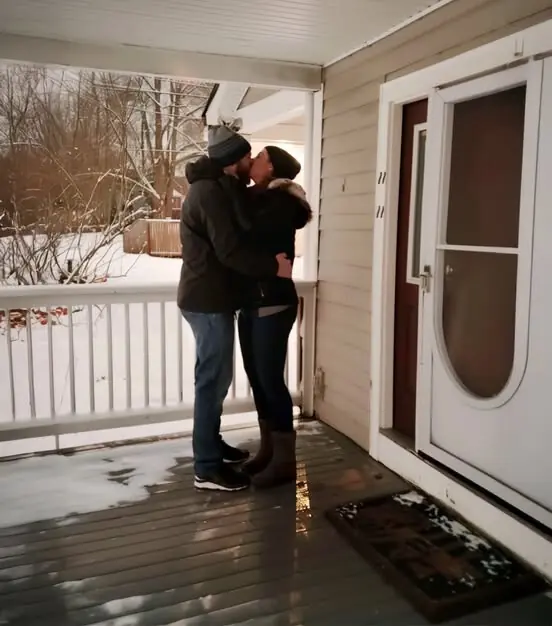
I Overheard My 9-Year-Old Daughter Whispering on the Phone: 'I'll Never Forgive Mom for What She Did'
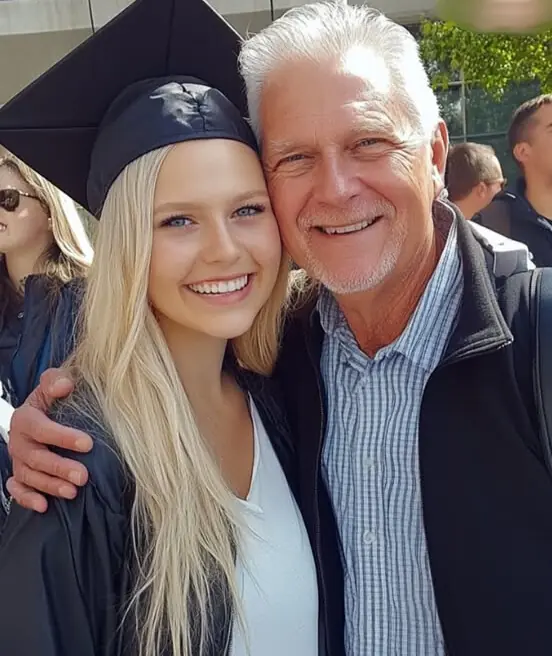
My Dad Kicked Me Out for Marrying a Poor Man – He Cried When He Saw Me After 3 Years
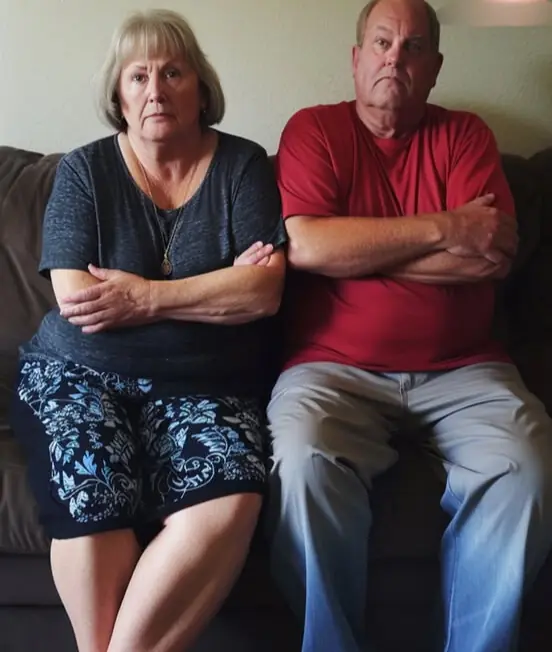
My Parents Stole My College Money for My Brother's Wedding, Their House, and Business – but They Messed with the Wrong Person
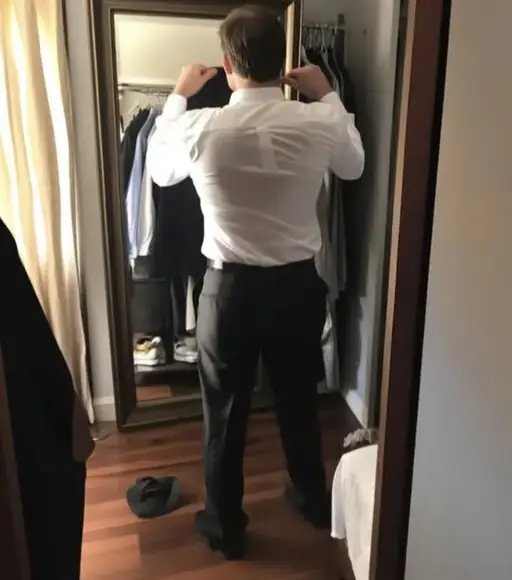
My Husband Left Me and the Kids at Home on X-Mas Eve and Went to Celebrate at His Office Party – We Paid Him a Visit There
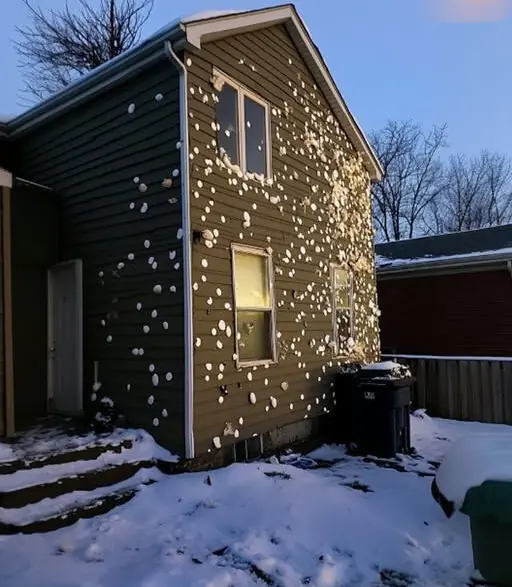
Our House Was Egged on Christmas — I Was Flabbergasted When I Found Out Who Did It
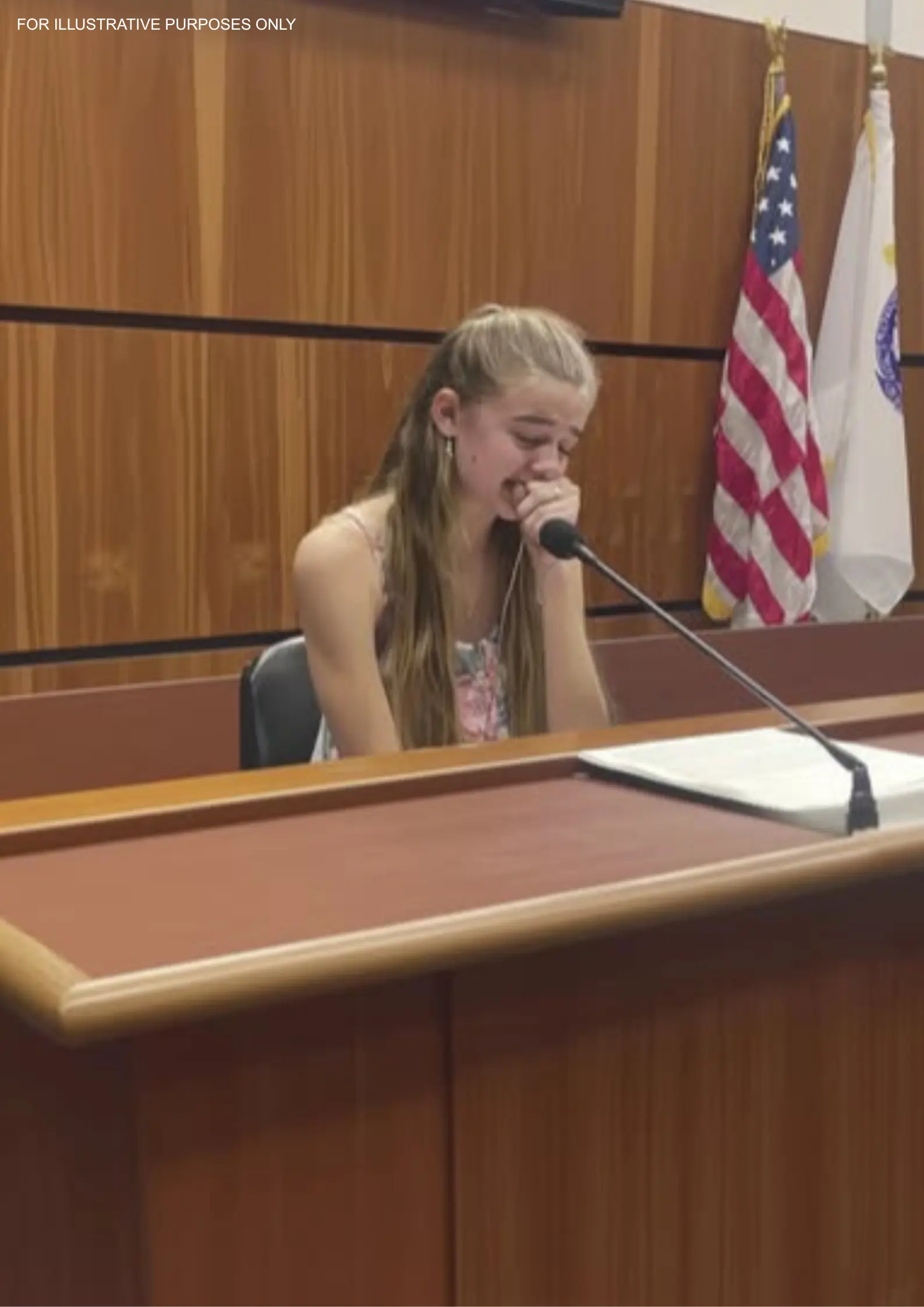
My Mother's Death Put Me in a Courtroom and a Home That Isn't Mine
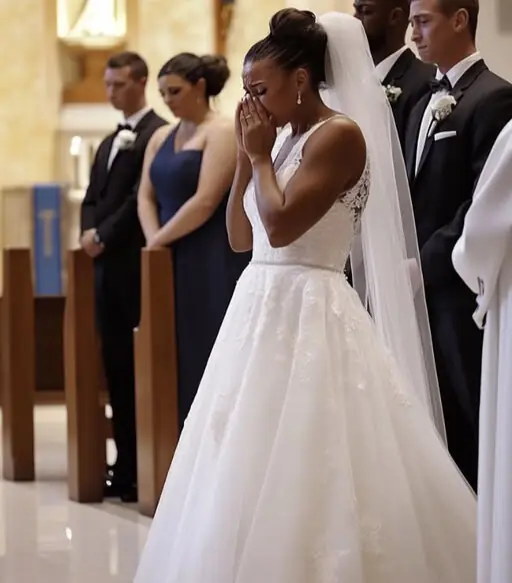
I Yelled 'I Don’t!' at My Own Wedding after Conversation with Groom’s Mother Whose Plan Almost Worked Out
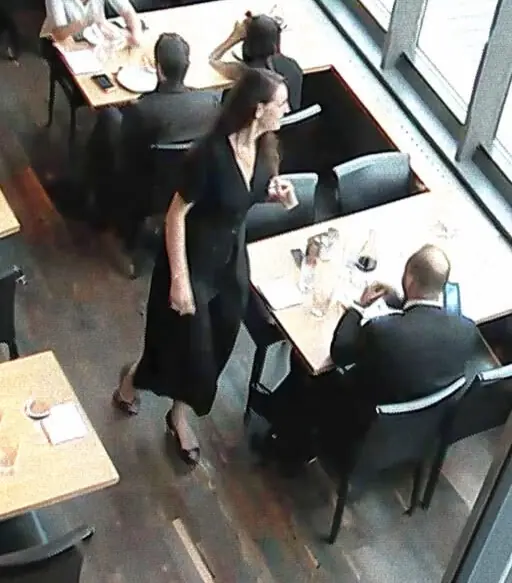
My Ex Ruined My First Day at Work, I Brilliantly Took Revenge on Him the Same Day
News Post
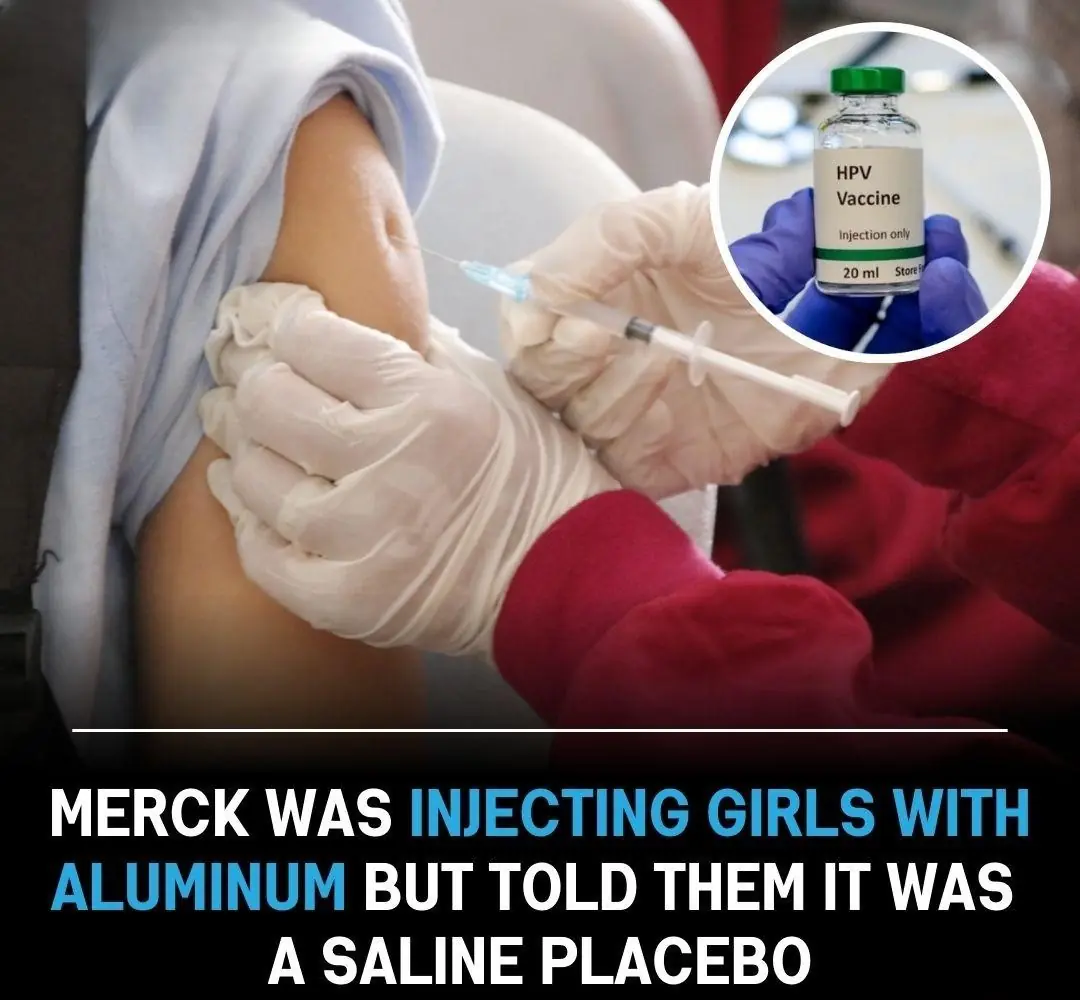
Merck Was Injecting Girls With Aluminum But Told Them It Was A Saline Placebo: This Is Why It's Called "Big Pharma"
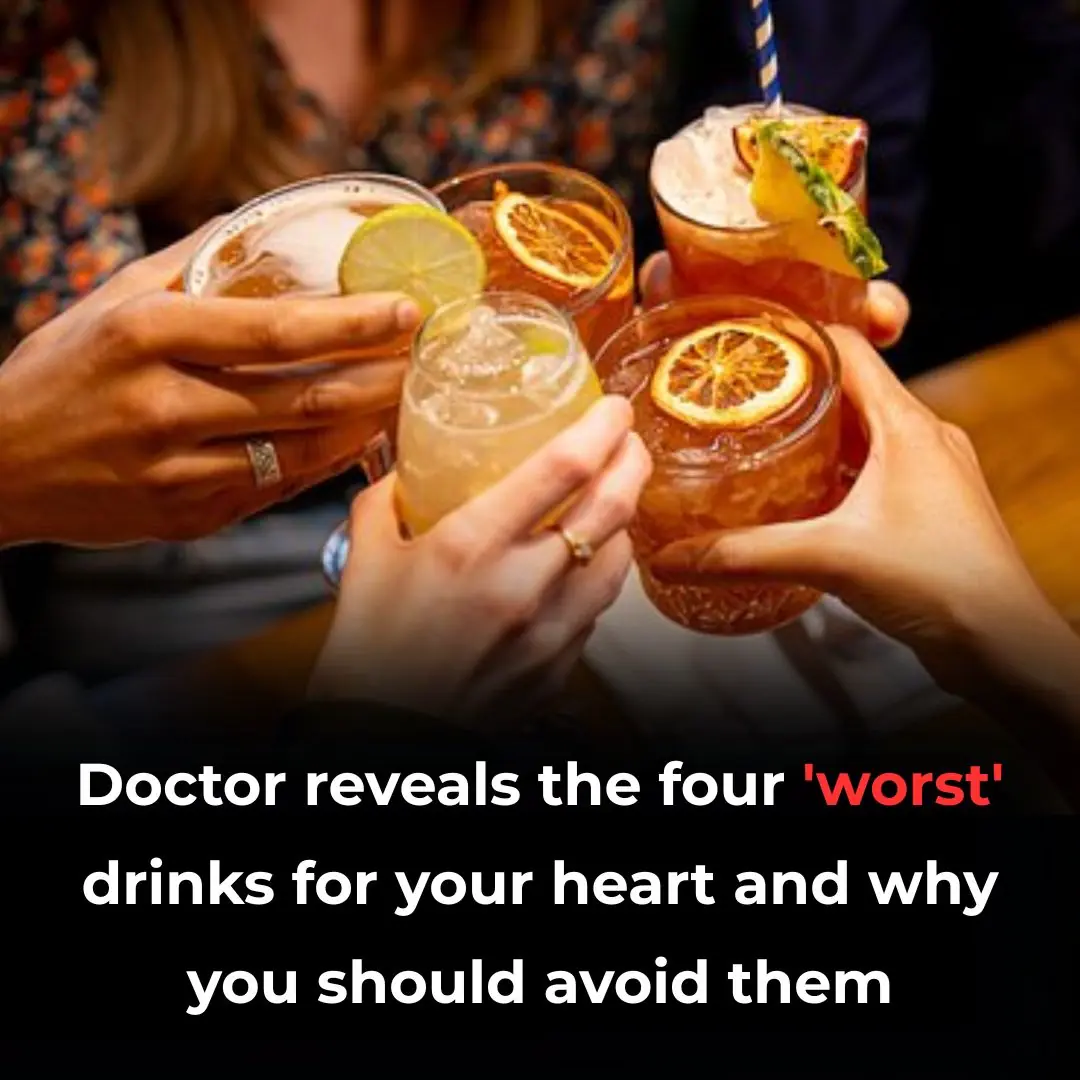
Expert Unveils the Four 'Worst' Drinks for Your Heart and Why You Should Steer Clear
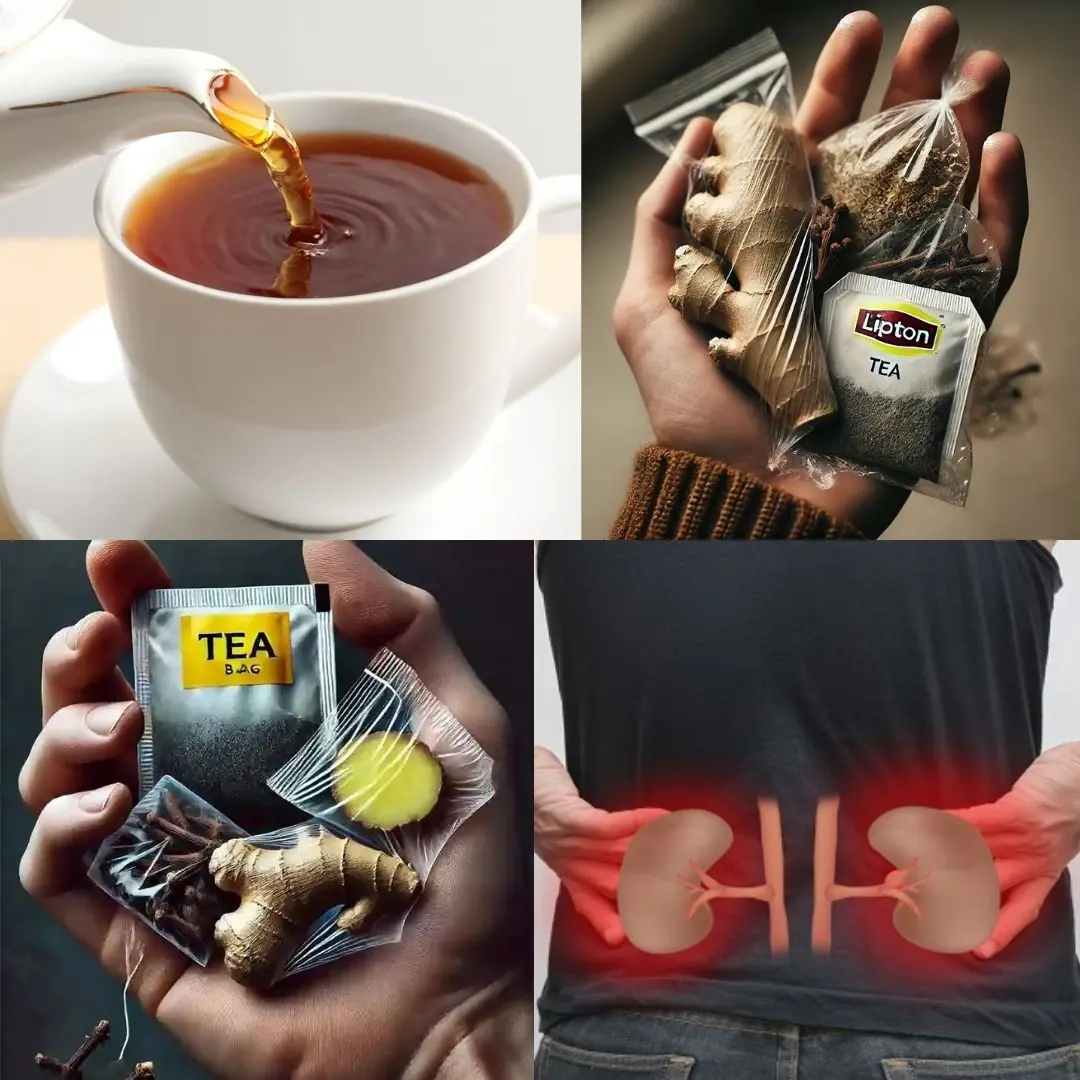
Cloves, Ginger, and Lipton Tea: A Health-Boosting Trio
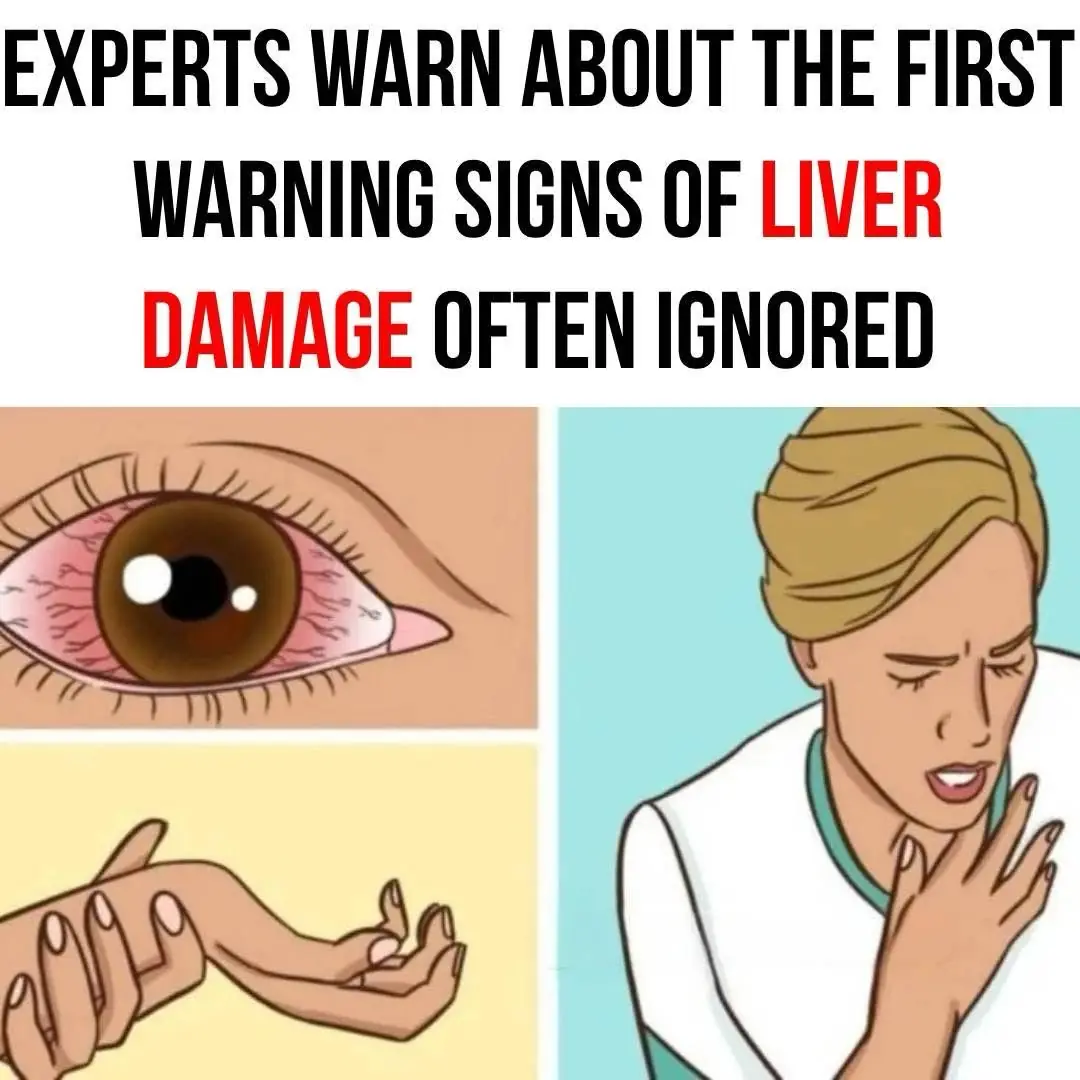
5 Early Signs of Liver Damage You Should Look Out For
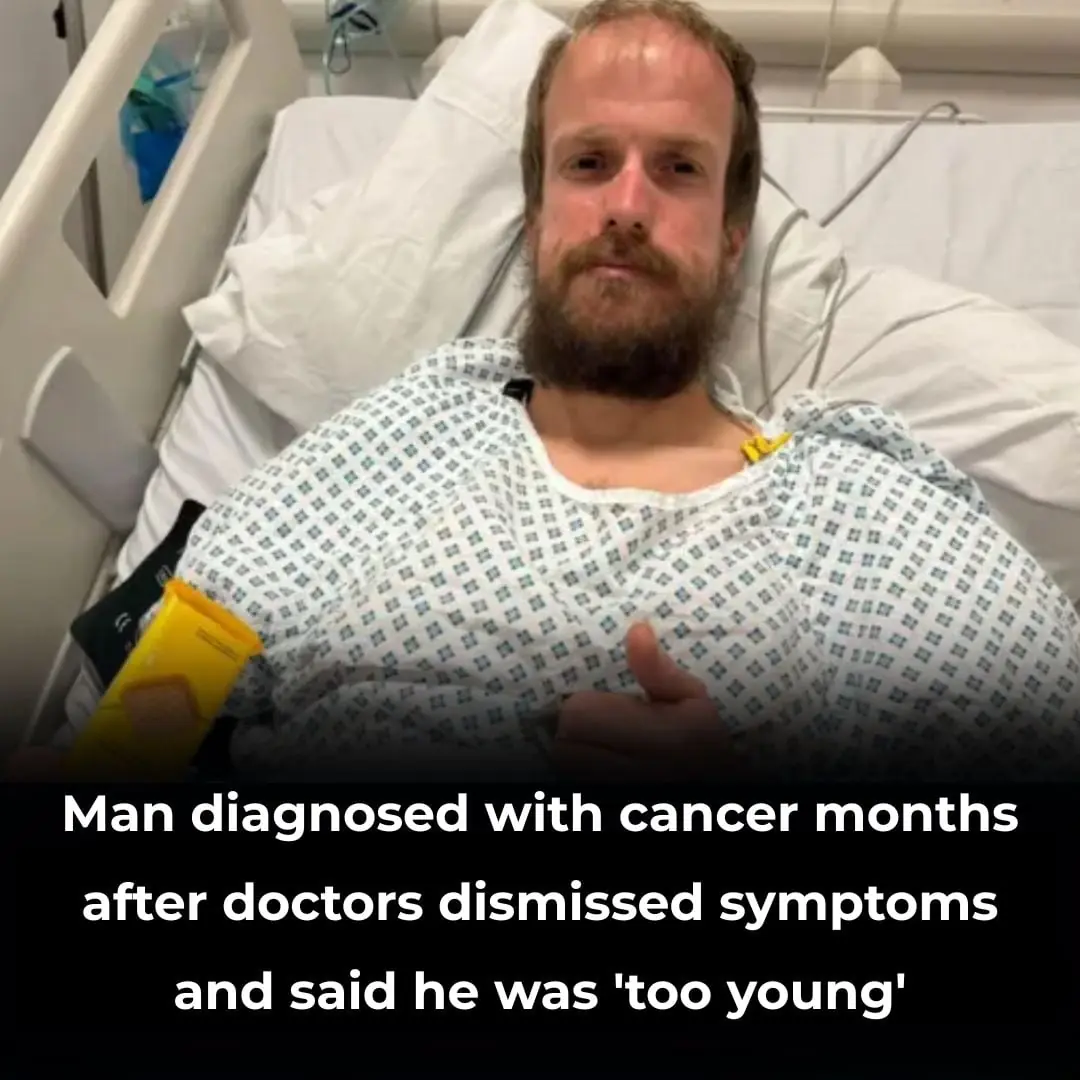
Man diagnosed with cancer months after doctors dismissed symptoms and said he was ‘too young’
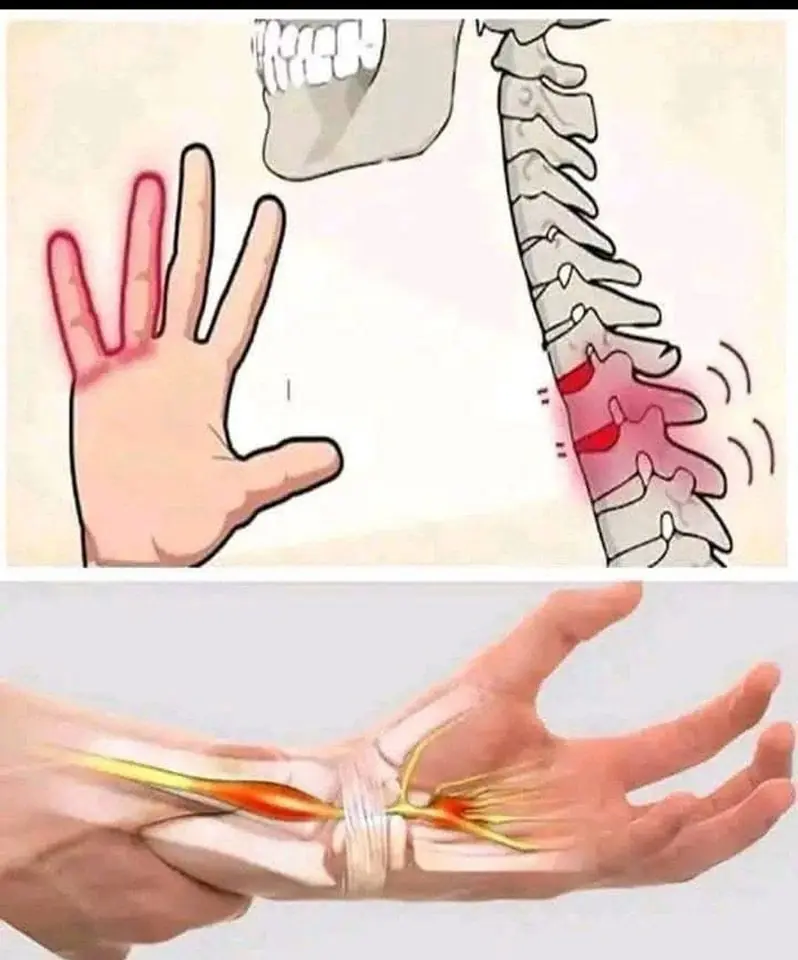
Tingling Sensation In Your Body: Why Does It Happen
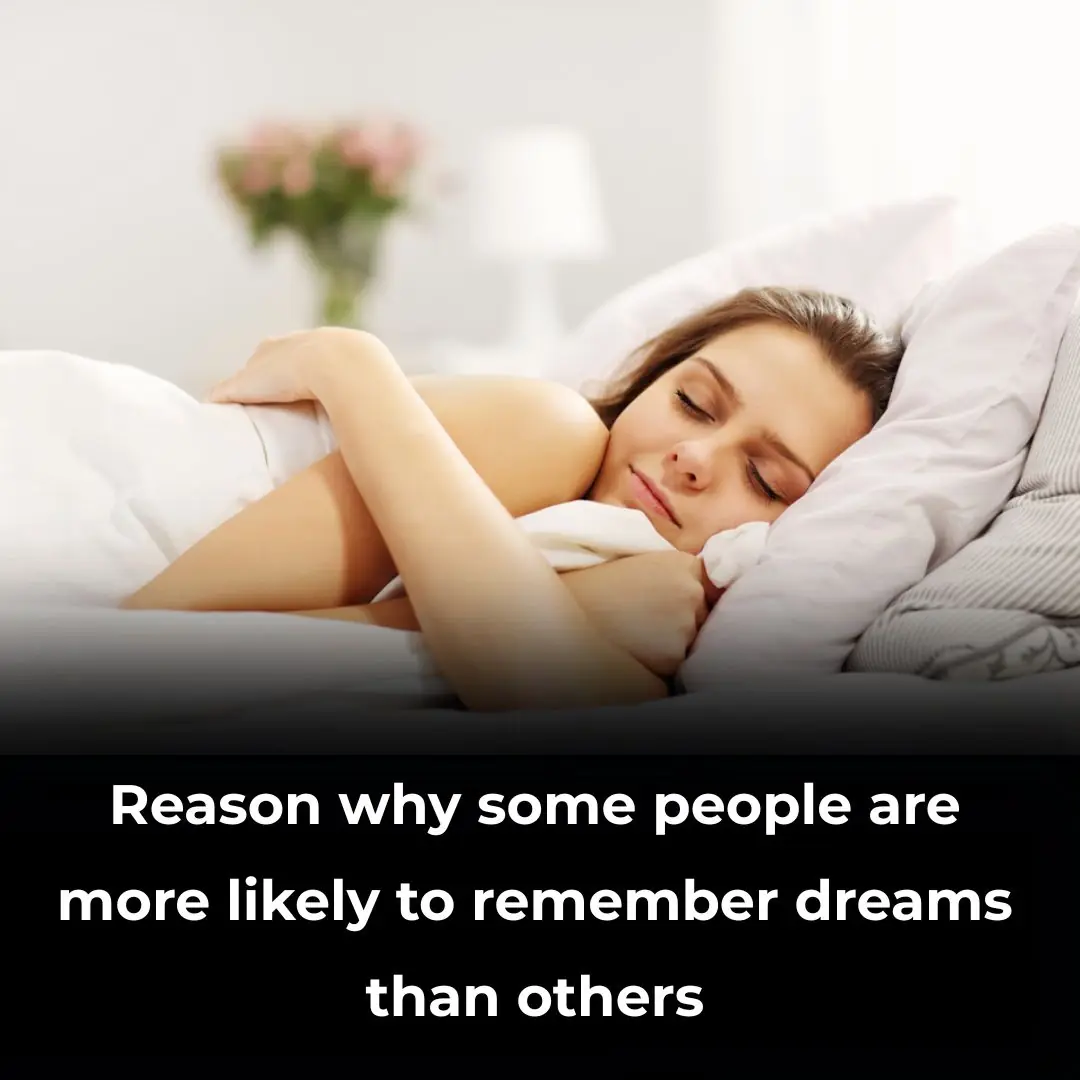
Why Do Some People Remember Their Dreams More Than Others?
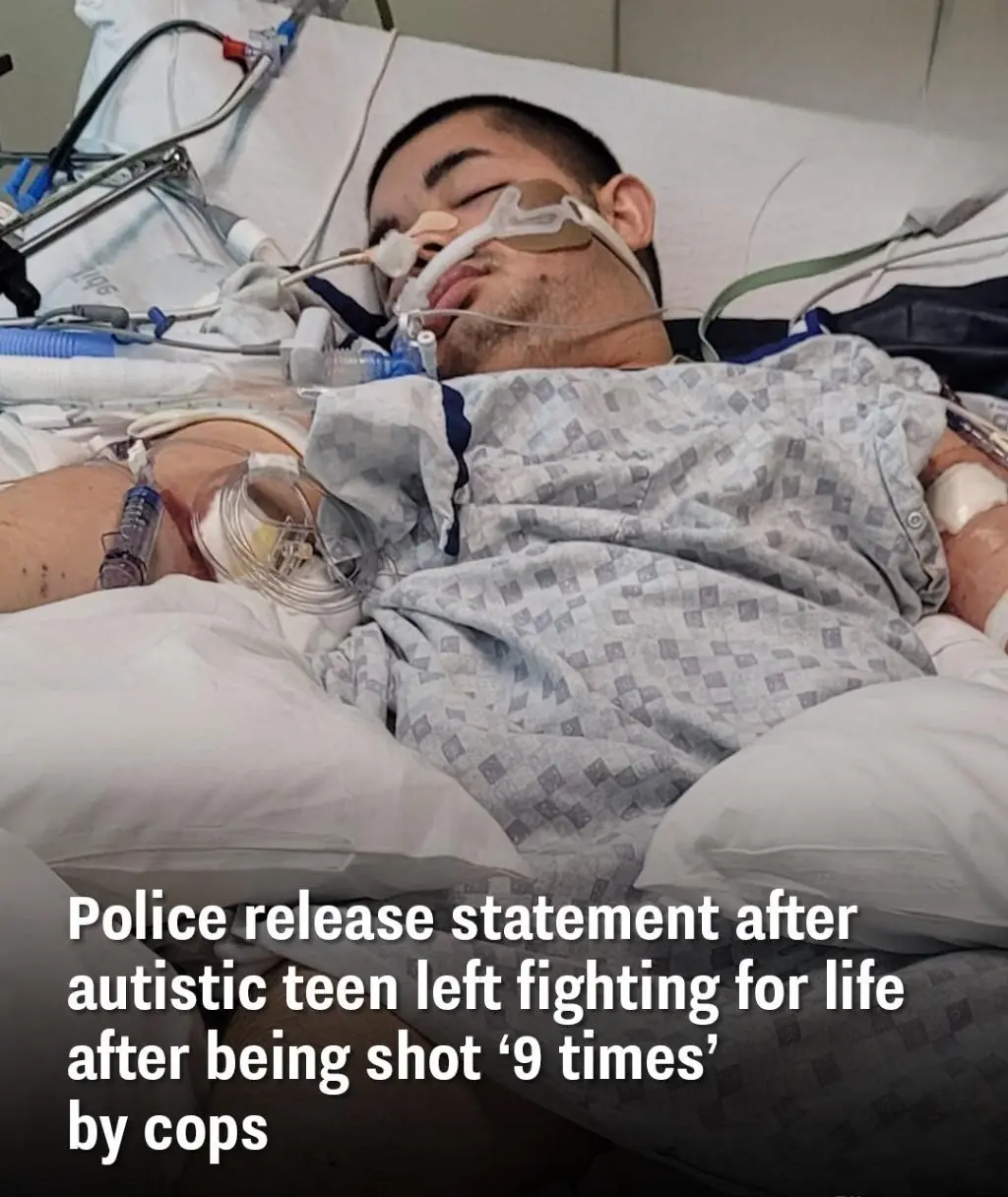
Police release statement after autistic teen left fighting for life after being shot '9 times' by cops

Risk Of Prostate Cancer Increases By 45% In Men Who Share This Common Practice

Better Than Aspirin! Ginger Tea Prevents Clots Naturally
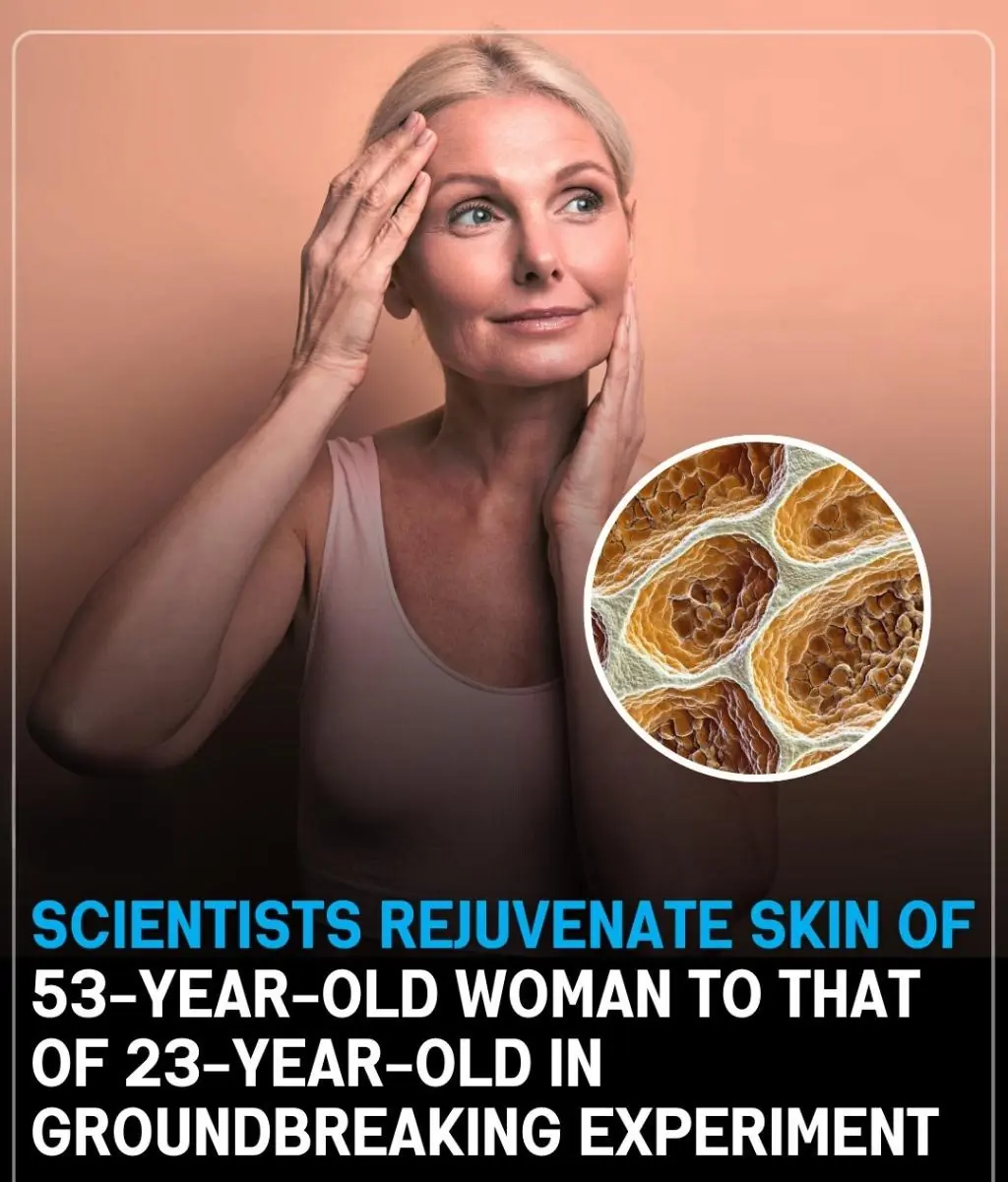
Scientists Rejuvenate Skin Of 53-Year-Old Woman To That Of 23-Year-Old In Groundbreaking Experiment

Experts claim there's a 'golden hour' for when you should sleep that could make you live longer
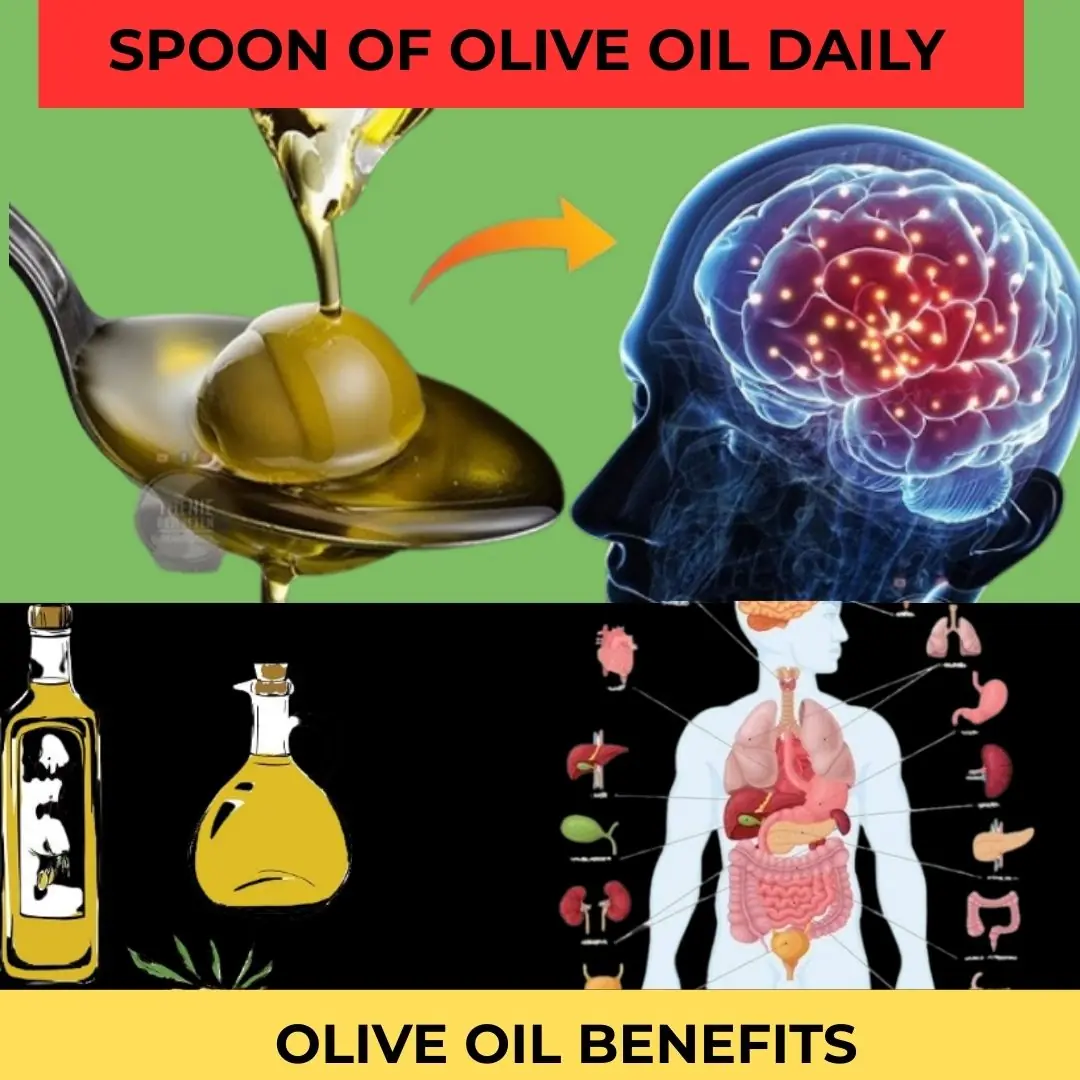
Start Your Day Right: The 10 Incredible Benefits of Drinking Olive Oil Every Morning

My Dad Said Something Before He Took His Last Breath—And I Can’t Shake It

A weekend with grandma changed my son—but at what cost?

My Best Friend Stole My Husband—Ten Years Later, She Called Me Screaming His Darkest Secret

My fiancé and his mom demanded i wear a red wedding dress — but i had a better idea.

My MIL Demanded to Share a Hotel Room with My Husband During Our Anniversary Trip

My Parents Abandoned Me and My Younger Siblings When I Was 15 — Years Later They Knocked on My Door Smiling
